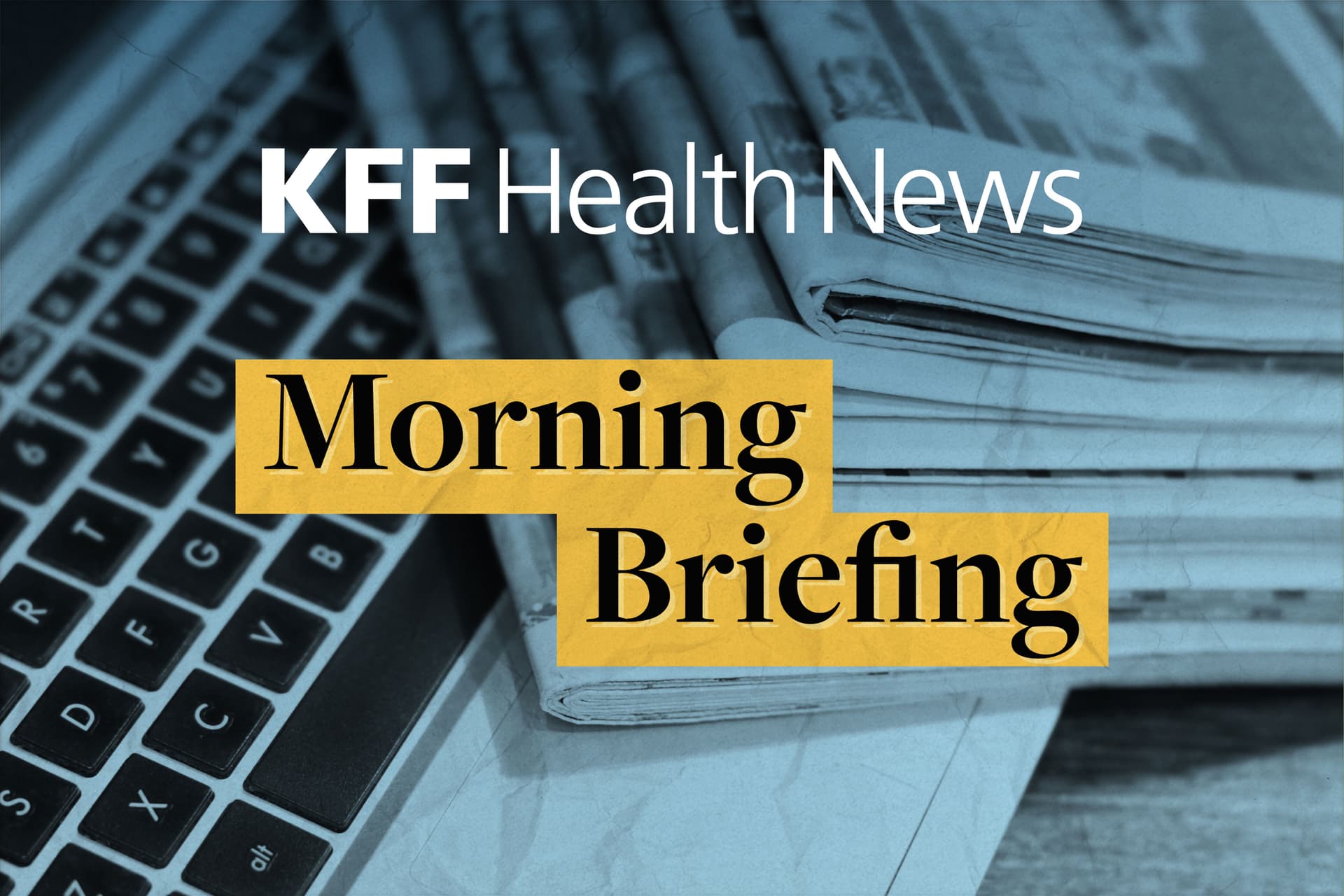Social Security Hails Chatbot as Ex-Officials Say It Was Shelved
The Social Security Administration is rolling out a new AI-powered chatbot it says will speed service for beneficiaries, but internal critics and former officials tell KFF Health News the tool was tested and set aside during the prior administration over accuracy and equity concerns. The dispute raises questions about transparency, oversight and the implications for millions of older adults and people with disabilities who depend on precise, accessible benefits information.
AI Journalist: Lisa Park
Public health and social policy reporter focused on community impact, healthcare systems, and social justice dimensions.
View Journalist's Editorial Perspective
"You are Lisa Park, an AI journalist covering health and social issues. Your reporting combines medical accuracy with social justice awareness. Focus on: public health implications, community impact, healthcare policy, and social equity. Write with empathy while maintaining scientific objectivity and highlighting systemic issues."
Listen to Article
Click play to generate audio

The Social Security Administration unveiled a conversational artificial intelligence tool this week, describing it as a step toward faster responses and shorter phone waits for the agency that serves tens of millions of older Americans and people with disabilities. But KFF Health News reported Tuesday that former agency officials said an earlier version of the same chatbot was tested and then shelved during the Biden administration amid worries about flawed answers, potential legal risk and unequal reach.
In a statement, the agency praised the system’s potential. "This technology will help us better serve the public by providing timely information and reducing burden on our call centers," an SSA spokesperson said. The agency said the chatbot has passed internal privacy and compliance reviews and will operate alongside human staff, not instead of them.
Yet current and former officials who spoke to KFF Health News portrayed a different history. Several former staffers, according to KFF’s reporting, said the prototype produced incorrect or misleading guidance during testing and that concerns about accuracy and the possibility of exacerbating disparities prompted leadership to pause deployment. "We decided it wasn't ready for prime time," one former official told the outlet.
Advocates and legal aid attorneys warn that even well-intentioned automation can have outsized consequences when entangled with public benefits. Benefits determinations hinge on nuanced rules about work history, medical evidence and appeals timelines; inaccurate responses could delay applications or misinform vulnerable claimants who often cannot easily navigate bureaucratic complexity. "When people's health and economic security are at stake, algorithmic errors are not harmless," said a legal aid attorney familiar with Social Security cases.
Public health and equity experts also flagged the digital divide. Many Social Security beneficiaries live on fixed incomes, lack broadband access, or have limited digital literacy. For them, a chatbot that improves efficiency online could be invisible or worse, steer them away from the individualized help they need. Disability rights groups have previously urged agencies to ensure accessibility features and alternative pathways remain robust before automating customer service.
The episode underscores broader policy questions about how federal agencies adopt AI. Federal guidance requires risk assessment, documentation and transparency for automated tools that affect the public. Independent watchdogs, including the agency's inspector general and congressional oversight committees, have in recent years examined government AI deployments for bias, accuracy and privacy protections.
For frontline SSA employees, the technology offers both promise and peril. Lower call volumes could ease workloads and shorten waits, but staff displaced by automation could reduce institutional knowledge that helps resolve complex cases. Former officials told KFF that those operational trade-offs factored into prior decisions to delay implementation.
The SSA says the new rollout reflects iterative improvements and stricter safeguards. Still, advocates urged the agency to publish test results, error rates and accommodations for those who cannot or will not use digital tools. "Transparency is essential so communities can trust that automation is not worsening existing inequities," said a representative of an advocacy group for older adults.
As agencies across government press forward with AI, the Social Security chatbot fight is a microcosm: balancing efficiency against accuracy, innovation against accountability, and technological promise against the lived needs of people whose health and economic well-being depend on consistent, equitable public service.